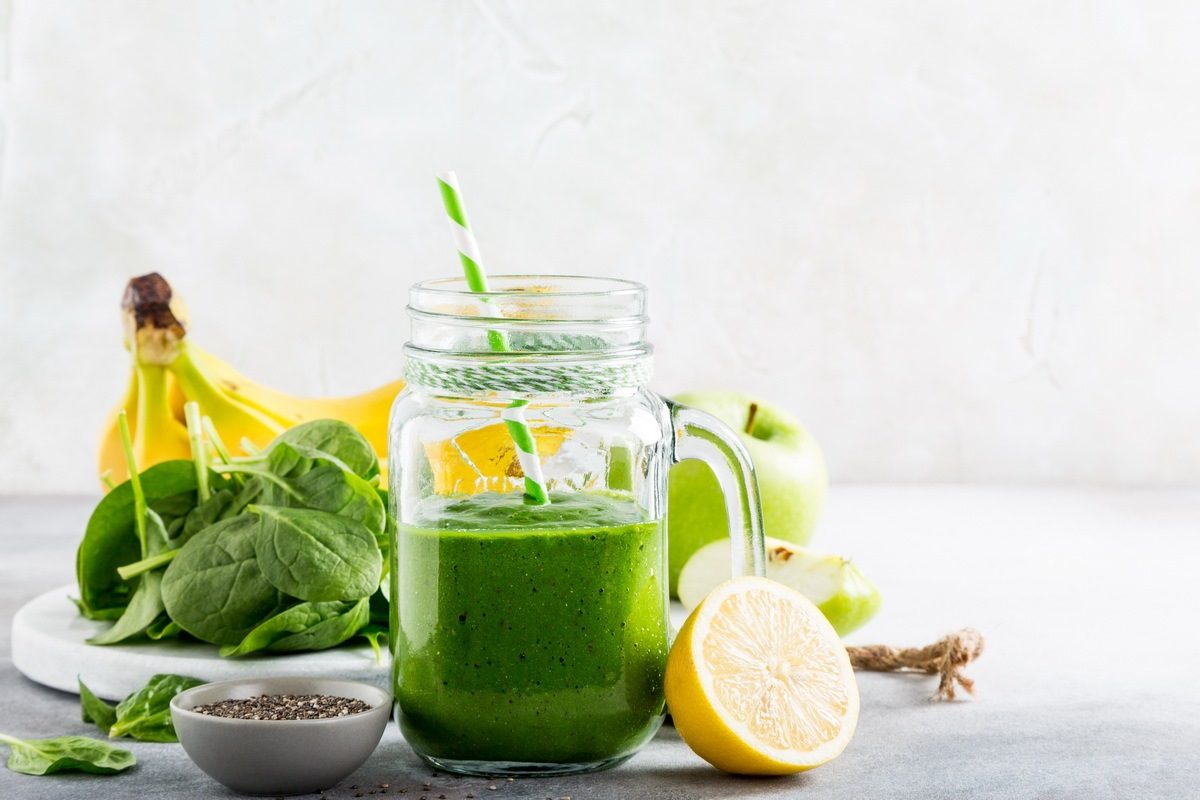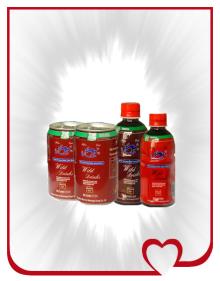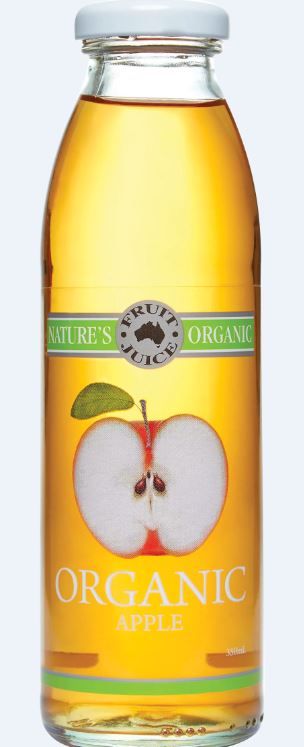

The Coca-Cola Company and PepsiCo are both notorious for human rights abuses in their supply chains.

Is the fruit grown locally? You will reduce your carbon impact if you buy juice or fruit made from locally grown and seasonal fruit. Juice that is ‘from concentrate’ or sold as a concentrate also cuts down on transportation costs because it weighs less. The nutritional value is the same as chilled or freshly squeezed, although it might not taste as good. Is it refrigerated or concentrated? Cut down on energy by only buying long-life juice that does not need refrigerating. Look for glass bottles to cut down on waste and resources used, or make your own juice at home. Is it in a plastic bottle? The plastic in our oceans could circle the planet 400 times and is threatening marine ecosystems. We also recommend James White organic juices (glass bottles), Co-op Fairtrade orange juice (Tetra Pak), and Calypso Fairtrade orange juice and apple juice (Tetra Pak, available from Traidcraft). Biona comes in glass or Tetra Pak and sells organic apple. Suma sells concentrated apple juice (makes 3-4 litres) in glass. Pip Organic comes in Tetra Paks or recycled PET bottles. Look out for juice from your local small-scale organic farm. Buying local, organic fruit will also minimise food miles and the environmental impact from agrochemicals.


Is it homemade? Squeezing juice at home means that you can put it straight into the glass, or reusable glass bottles, thereby cutting down on packaging. Is it organic? Apples frequently make it into the Pesticide Action Network’s ‘dirty dozen’ list of most pesticide-contaminated produce, along with grapefruit, strawberries, pears and grapes. Look for organic fruit juice to avoid ingredients contaminated with these chemicals and to protect farmers and the environment. Look for Fairtrade juice to make it more likely that the workers growing the fruit are treated fairly. Is it Fairtrade? Precarious employment, extreme low wages, excessive working hours, poor health and safety, discrimination, and anti-unionism are all common for workers on fruit farms, particularly Brazil's orange groves. Apples are commonly sprayed with Syngenta's Paraquat, a pesticide under scrutiny as it is linked to Parkinson's disease.What to look for when buying fruit juice: The most used herbicides in apples are glyphosate, paraquat, and 2,4-D. In other words, apples are one of the types of produce where it’s worth it to buy organic. Not to mention apples on on EWG’s dirty dozen list - meaning that it isn’t safe to consume the conventionally grown ones. In excess, sugar can lead to obesity, which puts a child at risk for developing high blood pressure, elevated cholesterol levels and type 2 diabetes (where the body's response to insulin is not regulated). Too much sugar during childhood may lead to unhealthy cravings as kids grow older or what can be considered addiction to sugar. In the long term, repeated spikes in your blood sugar can cause heart problems, kidney problems, problems with eyesight, and nerve issues like neuropathy. Avoiding blood sugar spikes is good for preventing a later crash in energy and behavioral issues. While apple juice seems like a harmless thing to give a kid, this high sugar / low fiber drink leads to significant spikes in blood glucose. While there may be no ADDED sugar, the product itself is basically sugar. You can almost never go by the claims on the front label. Apple juice that looks healthy but is really made from concentrate ❌ high in sugar ❌ apples sprayed with pesticides like glyphosate ❌using deceitful marketing on front of labels ❌ no fiber ❌ready to cause blood glucose spikes ❌ and apples are at the top of ewgs dirty dozen with an average of 4.4 different chemical pesticide or herbicide residues.


 0 kommentar(er)
0 kommentar(er)
